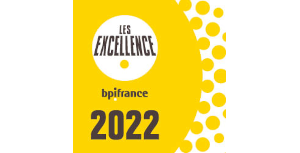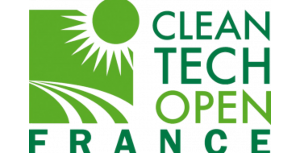Is considered as a Proprietary Plant Variety ("Obtention végétale"), a new plant variety, created or discovered:
- which is clearly distinguishable from any other variety whose existence, at the date of filing of the PVC application, is well known;
- which is homogeneous, i.e. sufficiently uniform in its relevant characters;
- which remains stable, that is, identical to its initial definition, at the end of each cycle of propagation.
"New" means that the variety must not have been offered for sale or marketed in France or in the territory of the European Union with the agreement of the breeder, his successors, for more than 12 months, or for more than 4 or 6 years, depending on the species, on the territory of any other state prior to the filing of the application.
Any variety that is the subject of a Proprietary Plant Variety Certificate (PPVC) application is subjected to a technical examination of distinction, homogeneity and stability (DHS), carried out under the responsibility of the National Instance of Plant Varieties "Instance Nationales des Obtentions Végétales (INOV)" for protection in France or the Community Plant Variety Office (CPVO) for protection in Europe. These two organizations entrust the DHS technical examination:
- This is the Group for the Study and Control of Varieties and Seeds "Groupe d'Étude et de contrôle des Variétés et des Semences (GEVES)",
- This is an official counterpart to GEVES generally chosen within the European Union













